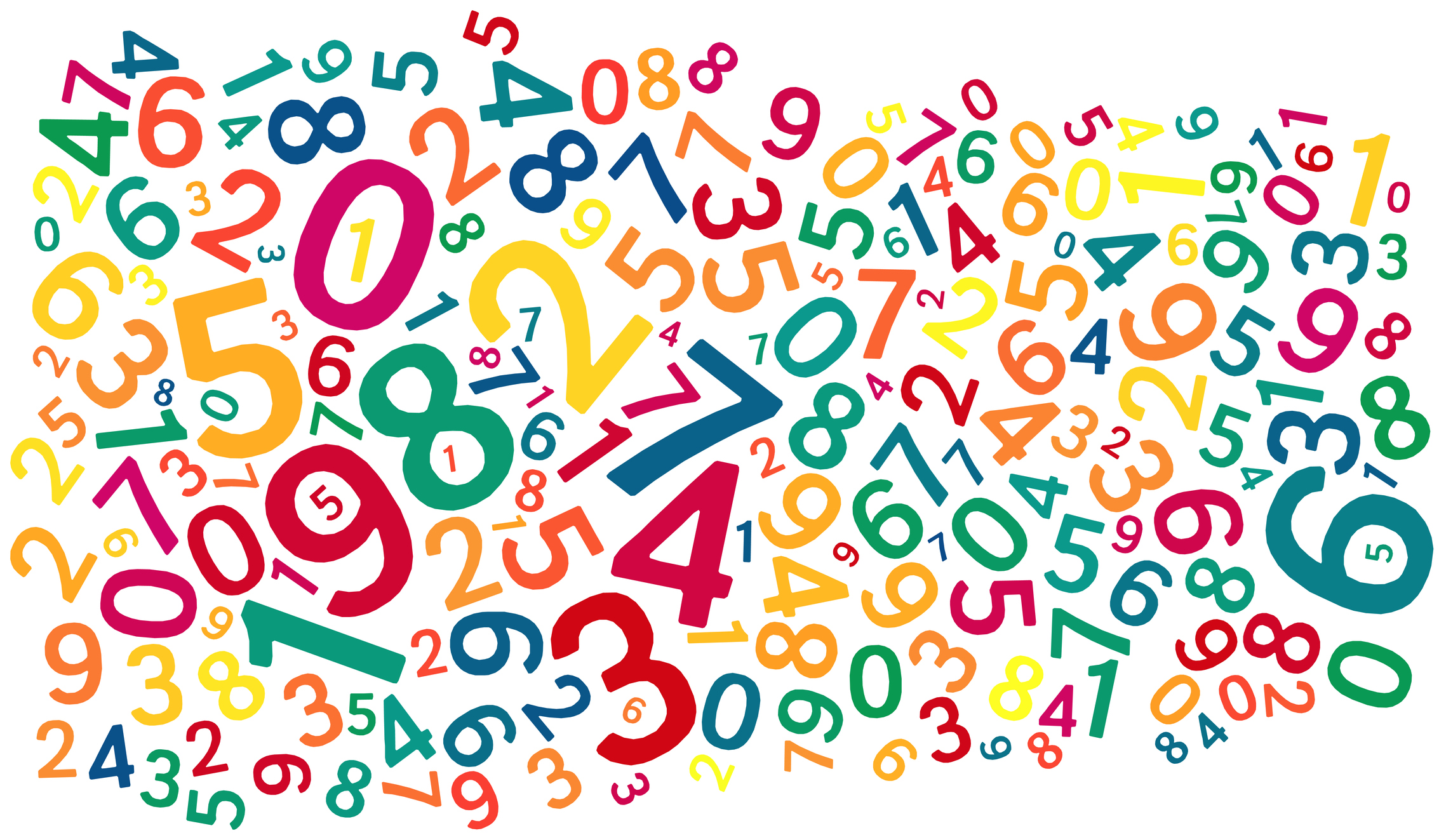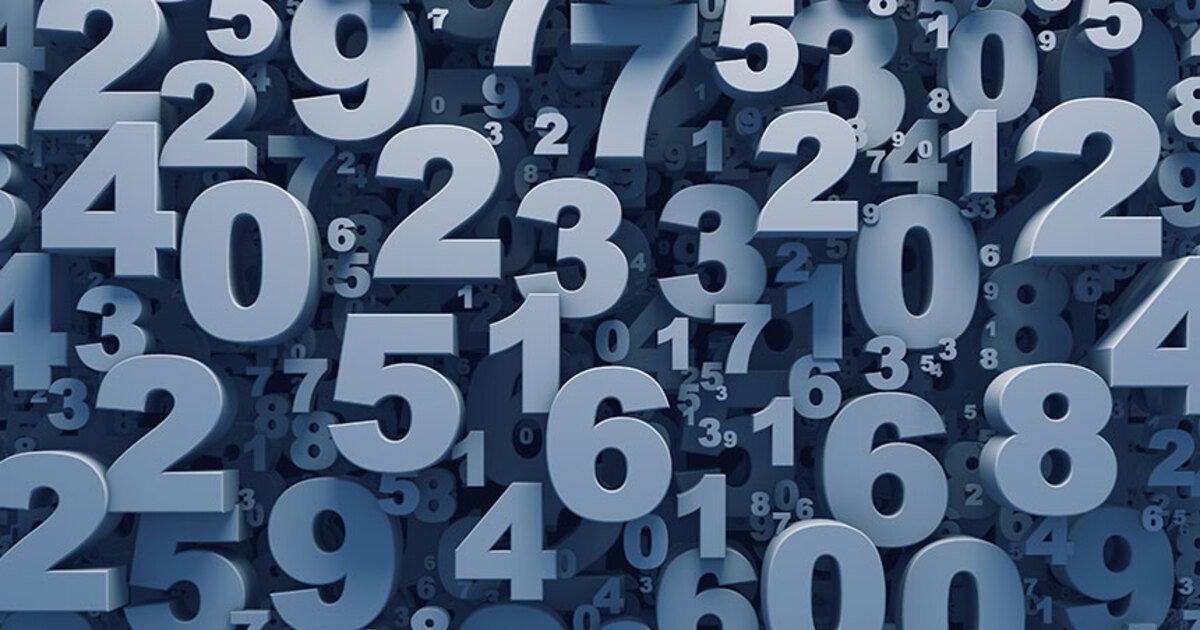Understanding the Symbolism of Adding
Dream Analysis Reveals Patterns of Change
Additions in dreams can symbolize growth, expansion, and progress, indicating a desire for change or an increased sense of responsibility. It may also represent the integration of new ideas, perspectives, or experiences into one’s life.
On the other hand, additions can signify excess, clutter, or an overwhelming sense of duty. This could be a reflection of feelings of being burdened by responsibilities or feeling weighed down by possessions and obligations.
In some cases, additions may represent creativity, imagination, and innovation, suggesting that the dreamer is seeking new ways to express themselves or explore their artistic side.
The context in which the addition appears in the dream can provide further insight. For example:
- Adding objects or items may indicate a desire for more possessions, a fear of running out of resources, or an anxiety about losing something.
- Additions to buildings or structures can suggest expansion, growth, or a need for renovation and change in one’s waking life.
- Adding people to the dream may represent social connections, friendships, or romantic relationships, highlighting the importance of human interactions in the dreamer’s life.
The emotional tone of the addition in the dream is also crucial for interpretation. A positive and energized tone can indicate enthusiasm for new experiences, opportunities, and growth. However, if the addition is associated with feelings of stress, anxiety, or overwhelm, it may suggest that the dreamer needs to reassess their priorities and learn to manage their responsibilities more effectively.
Ultimately, additions in dreams require a nuanced approach to understanding the symbolism behind them. By examining the specific details, emotions, and context of the addition, individuals can gain deeper insights into their thoughts, desires, and unresolved issues, ultimately leading to greater self-awareness and personal growth.
In dreams, adding can symbolize a desire for growth or an attempt to balance conflicting aspects of one’s personality
The act of adding in a dream can be a complex and multifaceted symbol that requires careful consideration to decipher its meaning. On one hand, adding can represent a desire for growth and expansion in various areas of life, such as relationships, career, or personal development. This symbolism is rooted in the idea that addition implies an increase or enhancement, which can evoke feelings of excitement and anticipation.
However, the dream scenario of adding can also be interpreted as an attempt to balance conflicting aspects of one’s personality. In this context, the act of adding may signify a need to reconcile opposing forces within oneself, such as reason and emotion, logic and intuition, or rationality and creativity. This balancing act is essential for achieving emotional equilibrium and fostering personal growth.
Furthermore, the process of addition in dreams can also symbolize an attempt to merge disparate elements or ideas into something new and cohesive. This might represent a desire to integrate different aspects of one’s life, such as work and play, or personal relationships and solo pursuits. By adding these disparate components together, individuals may feel a sense of unity and wholeness.
It is also worth noting that the dream scenario of adding can be influenced by various factors, including emotions and thoughts associated with the waking world. For instance, if someone has been struggling with feelings of inadequacy or self-doubt, their dreams about adding may reflect an attempt to compensate for these perceived shortcomings by acquiring more knowledge, skills, or possessions.
On a more symbolic level, addition can also represent the idea of accumulation or aggregation. In this context, the dream scenario may be reflecting an individual’s tendency to collect and hoard resources, whether tangible (money, possessions) or intangible (information, experiences). This accumulation might be driven by a fear of scarcity, a desire for security, or a sense of inadequacy.
In some cases, dreams about adding can also be linked to an individual’s attachment style. For example, people with anxious-preoccupied attachment styles may have recurring dreams about adding as a way of seeking reassurance and validation from others. Conversely, those with secure attachment styles might experience dreams about adding as a means of exploring new opportunities and deepening relationships.
Ultimately, the symbolism of addition in dreams is highly personal and subjective, reflecting an individual’s unique experiences, emotions, and motivations. By carefully examining their own thoughts, feelings, and associations with the dream scenario, individuals can gain a deeper understanding of what adding represents for them personally.
According to Jungian theory, the addition of new elements in a dream represents the integration of opposites, leading to greater wholeness and self awareness
The process of addition, as depicted in dreams, holds a rich symbolism according to Jungian theory. This concept suggests that the incorporation of new elements in one’s dream world signifies the integration of opposites, ultimately leading to an increased sense of wholeness and self-awareness.
In the context of dreams, opposites can manifest themselves through various forms such as good vs. evil, light vs. darkness, or even male vs. female principles. According to Jungian theory, the addition of these opposing forces within a dream represents an attempt by the unconscious mind to reconcile and integrate these disparate elements.
As per this theoretical framework, when we experience adding in our dreams, it signifies that our unconscious is working towards integrating these opposites, thereby facilitating personal growth and self-awareness. This integration can be seen as a step towards achieving wholeness, which is an essential aspect of Jung’s theory on the collective unconscious.
Furthermore, the act of addition in dreams often reflects the need for balance in one’s waking life. By integrating opposing forces within the dream world, we may find ourselves better equipped to handle the complexities and contradictions that arise in our everyday reality. This, in turn, allows us to develop a more comprehensive understanding of ourselves and the world around us.
It is also essential to note that Jung’s concept of integration through addition extends beyond the realm of personal growth. According to this theory, adding in dreams can also symbolize the integration of fragmented aspects of the psyche. In cases where an individual experiences feelings of disconnection or fragmentation within themselves, the process of adding may represent an attempt by their unconscious to reconcile these disparate elements and reestablish a sense of wholeness.
Ultimately, understanding the symbolism of adding in dreams allows us to tap into our own inner workings and foster greater self-awareness. By embracing this aspect of Jungian theory, we can unlock new insights into the workings of our own minds and develop a deeper appreciation for the mysterious world of dreams.
In conclusion, the process of addition, as it appears in dreams, is more than just a mathematical operation; it represents an integral part of the integration process that takes place within our unconscious mind. By acknowledging this symbolism and exploring its depths, we can uncover new facets of ourselves and grow towards greater self-awareness and wholeness.
The Role of Personal Experiences and Memories
How Past Events Shape Dream Meanings
The role of personal experiences and memories plays a significant part in shaping dream meanings, as our brains draw upon past events to inform and influence our subconscious thoughts and emotions during sleep. When we dream, our minds are able to tap into our vast repository of experiences and recollections, using them as building blocks for the narratives that unfold in our dreams.
Personal experiences can serve as a kind of template or framework for our dreams, influencing the events, characters, and settings that appear within them. For instance, someone who has experienced trauma may find themselves revisiting that event in their dreams, with their brain attempting to process and resolve the associated emotions and conflicts.
Memories can also contribute to the symbolism and metaphorical language often present in dreams. Our brains tend to simplify and condense complex memories into more manageable, symbolic representations, allowing us to access and reflect upon them during sleep. For example, a memory of a happy childhood experience may manifest as a dream featuring a lush garden or sunny meadow.
The way we perceive and interpret our past experiences can also impact the meaning behind our dreams. People who tend to view their experiences in a positive or optimistic light are more likely to have dreams that reflect those sentiments, while individuals with a more negative outlook may find themselves revisiting painful memories in their sleep.
Furthermore, personal experiences and memories can serve as a kind of emotional “resonance” for our dreams. Our brains tend to draw upon the strongest emotions associated with a particular memory or experience when creating dream content, allowing us to access and process those emotions in a more abstract and symbolic way.
This is particularly evident in recurrent dreams that continue to feature similar themes or characters over time. These repeated appearances can often be tied back to specific events or experiences from our past, with our brains using the dream as a way to revisit and re-process those memories in a new light.
Ultimately, the role of personal experiences and memories in shaping dream meanings is deeply intertwined with the unique tapestry of our individual lives. By examining our own dreams and exploring the connections between our waking experiences and subconscious thoughts, we can gain a deeper understanding of how our past influences our present – and vice versa.
As such, when analyzing our dreams, it’s essential to consider the personal experiences and memories that may be contributing to their meaning. By taking into account our own history and emotions, we can better decipher the symbolic language of our dreams and uncover the hidden insights they have to offer.
Past experiences can influence the meaning of adding in a dream, especially if they involve feelings of loss or inadequacy
The role of personal experiences and memories in influencing dream meaning is a complex and multifaceted one. When we add something to our dreams, whether it’s an object, person, or experience, it can have a profound impact on the meaning of the dream. This is particularly true when those personal experiences involve feelings of loss or inadequacy.
Our past experiences and memories are like threads in a rich tapestry that shape our perceptions, emotions, and behaviors. They influence how we interpret and respond to events in our waking lives, including our dreams. When we add something to our dreams, it’s often a reflection of our unresolved issues, unmet desires, or suppressed emotions from our past experiences.
Consider the following scenario: You dream about losing your phone and being unable to find it anywhere. On its own, this might seem like a silly, frustrating dream. But what if you’ve recently experienced a similar situation in real life, such as losing your phone on a trip or having it stolen? That past experience of loss and frustration can now influence the meaning of the dream, making it more intense and personal.
Similarly, if you’re someone who’s struggled with feelings of inadequacy or self-doubt, those emotions can bleed into your dreams. You might add characters or situations to your dreams that reflect these insecurities, such as being belittled by a figure from your past or struggling to accomplish tasks in a dream setting.
When we encounter loss or inadequacy in our waking lives, it’s natural for those emotions to carry over into our dreams. This can lead to some intense and personal symbolism in our dreams. For example:
- You might see yourself losing control of a situation or being unable to cope with the demands placed upon you.
- A past relationship or experience could reappear in your dream, reflecting unresolved emotions or unmet needs.
- Objects or situations from your past might recur in your dreams, symbolizing a lingering attachment to what’s lost or a fear of moving forward.
It’s essential to recognize that personal experiences and memories can shape the meaning of our dreams. By acknowledging and exploring these influences, we can gain a deeper understanding of ourselves and the symbolic language of our subconscious mind. When adding dream meaning to your own dreams, take into account:
- Your past experiences: Look for recurring themes or symbols that reflect unresolved issues or unmet desires.
- Emotional triggers: Identify which emotions are associated with the memory or experience in question. This can help you tap into the emotional root of your dream.
- Perspectives and insights: Reflect on how your past experiences have shaped your perceptions and behaviors, both positively and negatively.
By integrating these elements, you’ll be better equipped to understand the role of personal experiences and memories in shaping your dreams. This will allow you to tap into the symbolic language of your subconscious mind and uncover new insights about yourself and your place in the world.
Research from Harvard University’s Psychological Studies department suggests that past traumas can manifest as symbolic additions in dreams, serving as a form of psychological processing and healing
The role of personal experiences and memories in shaping our dreams is a fascinating topic that has garnered significant attention from researchers in the field of psychology.
Research from Harvard University’s Psychological Studies department suggests that past traumas can manifest as symbolic additions in dreams, serving as a form of psychological processing and healing.
This concept challenges the traditional view that dreams are mere manifestations of our subconscious mind, instead highlighting the complex interplay between personal experiences, memories, and the dream narrative.
When we experience traumatic events, our brain processes this information through various cognitive and emotional mechanisms, which can lead to the formation of symbolic representations in our dreams.
These symbolic additions may not be immediately recognizable as related to the trauma, but they often contain subtle hints or themes that reflect the underlying emotions and memories associated with the event.
The purpose of these symbolic additions is to facilitate psychological processing and healing by allowing us to confront and resolve unresolved issues in a safe and controlled environment.
By analyzing our dreams and identifying recurring themes, symbols, or motifs related to past traumas, we can gain valuable insights into our psychological state and develop a deeper understanding of ourselves.
This process of introspection and self-awareness is essential for emotional healing, as it enables us to confront our fears, work through unresolved emotions, and integrate traumatic experiences into our sense of identity.
Furthermore, the role of personal experiences and memories in shaping our dreams highlights the importance of maintaining a healthy and open relationship with our past.
By acknowledging and working through past traumas, we can develop resilience, build stronger relationships with ourselves and others, and cultivate a greater sense of emotional well-being.
The study of dream meaning and symbolism offers a unique window into the human psyche, providing valuable insights into the complex interplay between personal experiences, memories, and psychological processing.
Navigating the Emotional Undertones of Adding
Exploring Anxiety, Guilt, or Pleasure
Dreams are a window into our subconscious mind, offering insights into our deepest desires, fears, and anxieties. The dream symbol “adding” can be particularly enlightening, carrying a range of emotional undertones that require careful navigation.
When interpreting the dream meaning of adding, it’s essential to consider the emotions associated with this action in your waking life. Do you feel anxious or guilty about something you’ve added to your life? This could represent unresolved feelings or unaddressed consequences.
On the other hand, if adding brings you a sense of pleasure or excitement in your dream, it may signify a desire for expansion, growth, or new experiences. You might be eager to explore fresh opportunities or take on challenges that bring you joy and fulfillment.
Beneath this surface-level analysis lies a complex web of emotional undertones. To fully grasp the significance of adding in your dreams, consider the following possible interpretations:
- Anxiety: Adding something new to your life can evoke feelings of anxiety if you’re worried about managing the extra responsibilities or stress that come with it.
- Guilt: You may feel guilty about adding something to your life, indicating a sense of obligation or duty. This could be related to external pressures or internalized expectations.
- Pleasure: Adding something new can also bring immense pleasure and satisfaction, symbolizing a desire for excitement and joy in your waking life.
- Control: Adding may represent an attempt to regain control over a situation or aspect of your life. You might be seeking to mitigate uncertainty or chaos.
When navigating the emotional undertones of adding in your dreams, ask yourself:
- What am I trying to add to my life? Is it something positive or negative?
- How do I feel about this addition? Am I anxious, guilty, or pleased?
- Is there a specific aspect of my life where I’m seeking control or trying to mitigate uncertainty?
By examining the emotional undertones of adding in your dreams and considering these questions, you can gain valuable insights into your subconscious mind. This self-awareness will help you navigate life’s challenges with greater clarity, purpose, and confidence.
The emotional tone of adding in a dream is often tied to personal anxieties or fears related to taking on too much responsibility
When navigating the emotional undertones of adding, it’s essential to consider the personal anxieties or fears that may be tied to taking on too much responsibility. In dreams, adding often represents a sense of overwhelm or an excessive workload, which can trigger feelings of inadequacy or fear of failure.
The fear of not being able to meet expectations, manage responsibilities, or balance multiple tasks simultaneously is common in the context of adding in a dream. This anxiety can stem from real-life stressors, such as work-related pressures, relationship dynamics, or personal goals and aspirations that feel overwhelming.
In dreams, adding often symbolizes an attempt to control or master complex situations, people, or emotions. When this symbolic act is paired with feelings of anxiety or dread, it may indicate a deep-seated fear of losing control or becoming overwhelmed by the demands of daily life.
Furthermore, the emotional tone of adding in a dream can also be influenced by underlying fears related to identity, such as feeling pressured to conform to societal norms, meet certain expectations, or maintain a particular image. When these fears are tied to adding, it may suggest an unconscious desire for acceptance or validation from others.
Understanding the emotional undertones of adding in your dream requires self-reflection and introspection. It’s crucial to consider your waking life experiences, relationships, and personal aspirations that may be contributing to feelings of anxiety or fear related to taking on too much responsibility.
By examining your emotions and motivations when adding appears in your dreams, you can gain valuable insights into areas where you feel overwhelmed or uncertain about the future. This awareness allows you to develop coping strategies and address underlying fears, ultimately promoting emotional growth and resilience in your waking life.
In conclusion, navigating the emotional undertones of adding in a dream involves exploring personal anxieties or fears related to taking on too much responsibility. By examining your emotions, motivations, and waking life experiences, you can uncover areas where feelings of overwhelm or inadequacy may be linked to the symbolic act of adding.
A study published by the British Journal of Psychology found that individuals who experienced high levels of anxiety in waking life were more likely to report anxious themes in their dreams, including feelings of overcommitting and adding
Dreams are a reflection of our subconscious thoughts, emotions, and experiences. When we dream about adding, it can be a manifestation of various underlying issues or anxieties that need to be acknowledged and addressed.
According to the British Journal of Psychology study, individuals who experience high levels of anxiety in waking life are more likely to report anxious themes in their dreams, including feelings of overcommitting. This suggests that our subconscious mind is processing and releasing pent-up emotions through dreams, even if we’re not aware of them.
So, what can adding mean in your dream? Here are some possible interpretations:
- Overcommitting or taking on too much responsibility: This can indicate feelings of overwhelm, anxiety, or fear of failure. You may be trying to control every aspect of a situation or person.
- New beginnings or opportunities: Adding can also symbolize the start of something new, such as a fresh project, relationship, or chapter in life. It may represent excitement and anticipation for what’s to come.
- Increased responsibility or workload: If you’re adding tasks, people, or responsibilities to your plate, it could signify feeling burdened by external expectations or pressure to perform.
- Trying to fill a void or need: Adding can also represent an attempt to compensate for feelings of emptiness or unfulfillment. You may be trying to distract yourself from underlying emotional issues or desires.
When navigating the emotional undertones of adding in your dreams, consider the following questions:
- What am I feeling anxious about or overwhelmed by? Is it related to work, relationships, or other areas of my life?
- Am I trying to control or manage others or situations in a way that’s not healthy for me?
- Are there any underlying emotional needs or desires that I’m not acknowledging or addressing?
By reflecting on these questions and exploring your emotions, you can gain a deeper understanding of what adding might mean in your dream. This self-awareness can help you navigate the complexities of your subconscious mind and work towards greater emotional balance and well-being.
- Bandit Dream Meaning: What Does A Bandit Mean In Your Dream? - September 15, 2024
- Bruise Dream Meaning: What Does A Bruise Represent In Your Dream? - September 14, 2024
- Bakery Dream Meaning: What Does A Bakery Mean In Your Dream? - September 13, 2024







